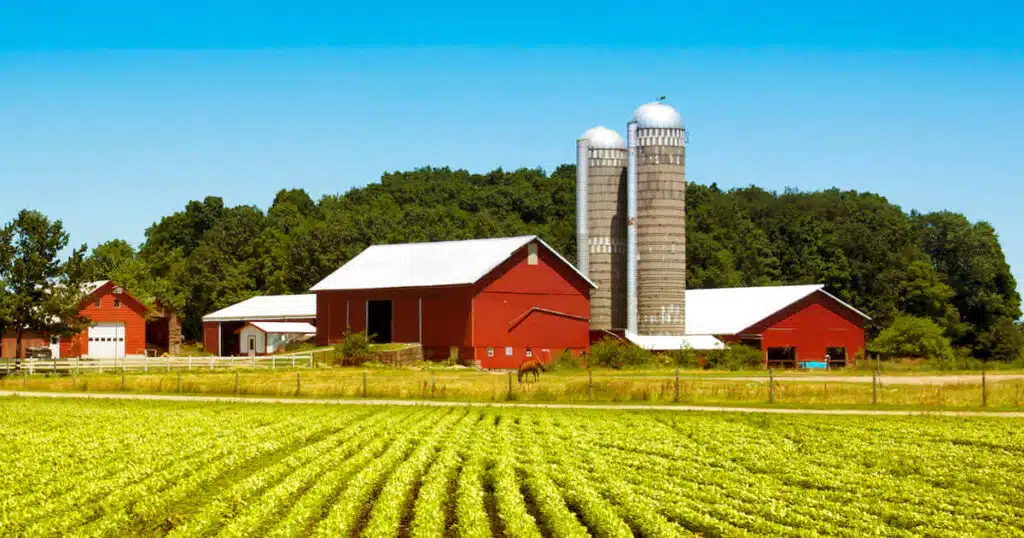
American Farmers Planted Under Red Tape
The Obama administration instituted an enormous amount of suffocating regulations on American corporations, and, really, many aspects of American life. This caused many manufacturing companies to either cancel plans for expansion, or to move out of the country. Regulations are red tape that increases the size of government and government power. Increased red tape requires increased enforcement, which proliferates the formation of new government agencies or the expansion of existing ones.
As Ronald Reagan once stated in a speech: “Government’s view of the economy could be summed up in a few short phrases. If it moves, tax it. If it keeps moving, regulate it, and if keeps moving, subsidize it.”
When Donald Trump was elected, one of his main objectives was to reduce the amount of unnecessary regulations that were stifling American businesses. He decreed that for every new regulation created by the government, two were to be eliminated. This resulted in corporations returning to the U.S. and increased productivity in many industries.
However, when Biden took office the “Orange Man Bad” or “Trump Derangement Syndrome” was still in full effect. Biden immediately started to undo as many things that Trump had done as soon as possible. These changes were not done for the benefit of The American people, they were simply carried out to destroy the Trump legacy.
One of these changes has placed American farmers in the crosshairs of Biden’s regulation fury. This is more red tape created to appease the far left’s climate change delusion and will undoubtedly result in higher food prices if enacted.
The SEC has announced a new proposal that would require companies to report their carbon footprint to the agency. This was proposed in late March, but the decision is drawing closer, and is expected in January of 2023.
This would mean that if a company is publicly traded, it would have to report greenhouse gas emissions and risks the business could face because of climate change. It would also require large businesses to report the estimated emissions of their suppliers and consumers.
This red tape would cause companies to spend money on additional resources in order to track this unnecessary data. These additional costs would damage small private farms by effectively eliminating the ability to work with public companies. They simply don’t have the financial ability to comply.
There has been a bipartisan effort to strike this down. Over one hundred members of the House have sent a letter to the SEC. A main point in the letter stated that climate policy was a responsibility of Congress and not the SEC, a federal agency.
These requirements would do nothing but cause the gathering of unnecessary data, driving small farmers out of business, and raising food prices.



